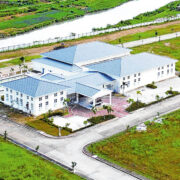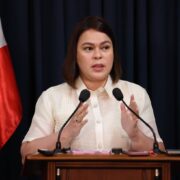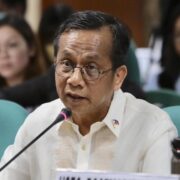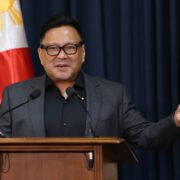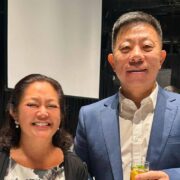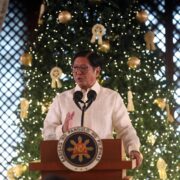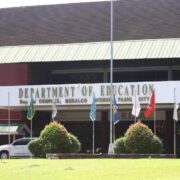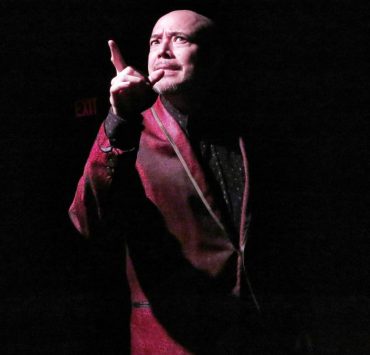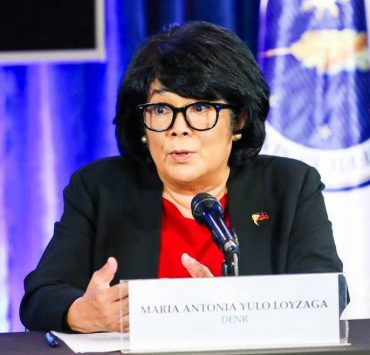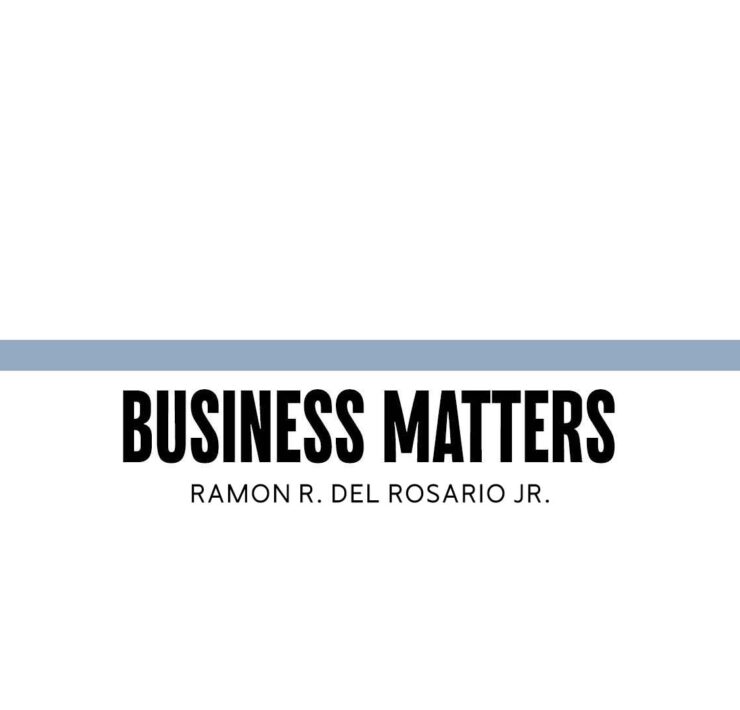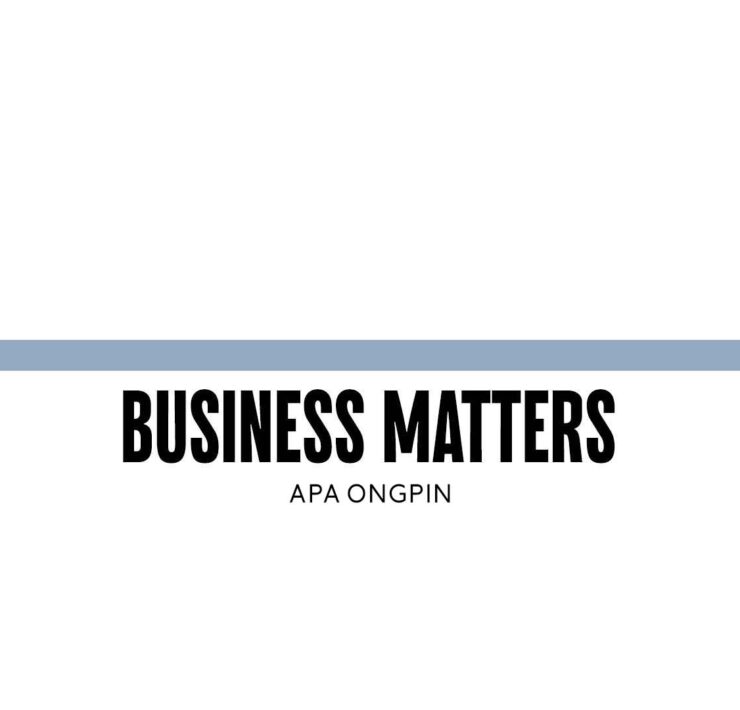A happy new year?
As we approach 2024, we may remember 2023 as a major turning point in history best summarized by the tectonic shift in geopolitics from a unipolar world toward a multipolar one. The year 2023 perhaps reflects the beginnings of a reversal from a hitherto welcome though hegemonic United States-led world governance toward a more broadly-based distribution of economic influence and cross border interaction—occasioned mainly by the rapid rise of economic growth and influence principally by China but now also by India, Russia, and much of Asean.
We’ve arrived at a crossroads—one toward the hopeful and optimistic path of the Group of Twenty (G20) declaration of “One Earth, One Family, One Future” and the other an extended confrontation involving East vs West, North vs South, Group of Seven vs G20. India’s Foreign Minister Subrahmanyam Jaishankar summarizes the former path’s sentiment in his recent speech before the United Nations General Assembly thus: “The days when few nations set the agenda and ‘expected others to fall in line’ are over … [D]iplomacy and dialogue are the only effective solutions.” The sentiment for the latter path might be: “Are they over?” The former path points to an extended work in progress toward a new world order. The latter edges toward Armageddon.Hopefully cooler heads will prevail toward the former path. The world is presently transitioning between these two paths with a widespread appeal toward peace, even as the war drums continue to beat primarily between nuclear superpowers. During this transition, Asia is once again viewed in some quarters as “the bright spot in the world economy.” That view is neither new nor unfounded. As early as the mid-’90s, several papers were published by the World Bank among others touting the so-called “Asian Miracle” as China’s economic growth rose at unprecedented speed and so did those in many Southeast Asian countries then described as “tiger economies.” The common model for achieving “tigerhood” was Japan’s export-driven manufacturing-based economy that exported products mainly to US and Western Europe. However, the Asian financial crisis of 1997 nearly brought the “tigerhood” momentum to a stop. Many lessons were learned by the Asian nations from that sorry episode, the most important one being that it was best not to be largely dependent on the West, both for growing and repairing Asian nation’s economies. As the economic world order evolves, that lesson assumes greater strategic importance. This year’s G20 saw the largest Asian economies (China and India) lead the formulation of a strategy of disengaging from continuing perceived US/Western hegemony toward a now broadly-based and, hopefully, more peaceful and efficient system of international trade and relationships. The resulting communiqué highlights the following points:
The time has come for the world to diversify its trade opportunities as there is a global emerging market larger than the traditional Western dominated one, with Asia as its giant.
Balanced growth may require less dependence on the dominant US dollar. Concerns have heightened about US sanctions as well as the US ballooning of its debt, resulting in the proverbial saying “when the US catches colds, others get pneumonia” becoming a reality.
Multilateral and international institutions should broaden their representation beyond the unwritten rule that the World Bank president must be American and the International Monetary Fund’s should be European.Climate change, while an agreed global priority issue, should be addressed by a combination of greater financing from the wealthier countries who contribute more to the global climate risk footprint and a more explicit recognition of the need for well-thought out transition from fossil fuel to include nuclear.
A one-size-fits-all definition of democracy and democratic political structures should give way to a greater recognition and tolerance of cultural and societal differences.
While there is no mention of leadership as such, Asia looms large. Of course, as always, the devil is in the details, and for Asian emerging economy countries including the Philippines, success may depend on playing their cards right, particularly adhering to their policy of retaining harmony and peace with each other and not taking sides between contending nuclear superpowers. Happy New Year? Abangan.—————-
Roberto F. de Ocampo, OBE is a former finance secretary and was Finance Minister of the Year, 1995, 96 and 97. These are excerpts from a speech delivered in Marrakesh.—————-Business Matters is a project of the Makati Business Club (makatibusinessclub@mbc.com.ph)

